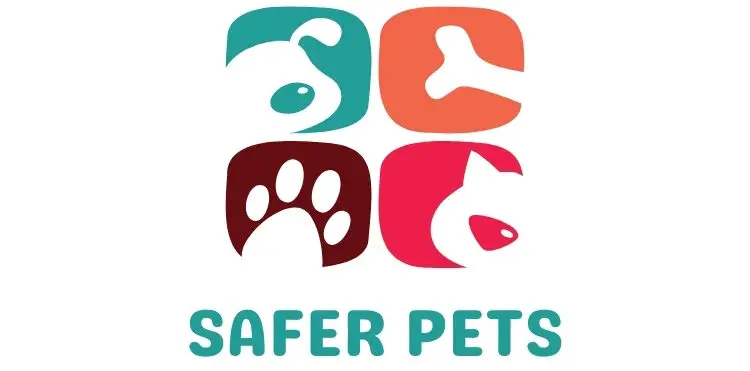Whether it is a tank of tropical fish or a fluffy kitten, deciding to take on a pet will always involve more costs than you expect. While the love and pleasure you gain from a pet is priceless, the economic reality of pet ownership is something you should consider before rushing to take a cuddly bundle home. The lack of planning by many owners, particularly during holidays like Christmas, means that many pets end up abandoned through no fault of their own.
Many owners only think about the initial cost of the actual animal and forget about the necessary housing and equipment, as well as on-going costs of food, toys and veterinary care. For example, the average dog can cost over £10,000 in the course of its lifetime, with the expenses including:
- Food bills
- Bedding
- Toys & Training equipment
- Parasite Control
- Vet bills
- Microchipping fees
- Neutering fees
- Costs for training classes
- Boarding kennel fees if you are going away
- Insurance cover
- Replacing items in the home that the dog may have chewed or damaged.
In general, the bigger the pet, the greater the costs. However, many smaller exotic pets can also be expensive to keep due to their special housing, maintenance and dietary requirements.
In many cases, going for a bargain or a cheaper version can be a false economy as constant replacement, faulty equipment leading to accidents or poor quality nutrition or medical care can mean bigger, more expensive problems later on. For example, you might think that vaccination is simply preventative medicine and therefore not an essential expense. However, if your dog contracts one of the serious canine diseases, the medical bills – not to mention the emotional trauma – would be several times that of the initial cost of the vaccination. And your pet can pick up the disease simply by walking in the same area that an infected animal as passed, so don’t think your pet is safe from disease if it is simply kept away from other animals.
Other things may not seem essential – such as training classes for a puppy – but they can make a huge difference to your enjoyment of your pet and may in fact be money well-spent. This is true also of insurance, which again is not an essential expense but advisable for larger pets as modern veterinary care can be very expensive. For example, if you own a giant breed of dog, even a simple course of antibiotics can be extremely costly as everything is measured by the weight of the dog – and an operation requiring anaesthetic (again measured by weight) can lead to a financial heart-attack on your part if you are not supported by insurance.
Having said all that, there are ways to save money:
- The initial cost of the pet is often the biggest expense and there is no need to pay for an expensive pedigree. In many cases, you can get a wonderful pet from an animal shelter or rescue society, often with vaccinations and worming included in the very reasonable adoption fee.
- While there are many premium foods claiming to provide the optimum nutrition for your pet, the best diet is not necessarily the most expensive bag in the pet shop. Talk to your vet, to breeders and other experienced pet owners and do your own research to find out the best diet for your pet.
- Most pet toys are designed to appeal to the human owners, not the animal and in many cases, the beautiful and expensive soft toy in the pet store is not the safest or sturdiest toy to give your pet. Many animals actually prefer relatively simple things – some of which can be made from household items (cats, in particular, are like this).
- Buying many of you supplies such as food, litter, collar, toys, etc – from an animal shelter can mean discounts and also the knowledge that your money is going towards a good cause.
As with many things in life, you do get what you pay for and investing in better quality initially despite the initial expense – whether it’s diet, toys or equipment – may actually save you money in the long run. However, a bit of planning, research and common sense means that you don’t have to break the bank to enjoy owning a pet.
